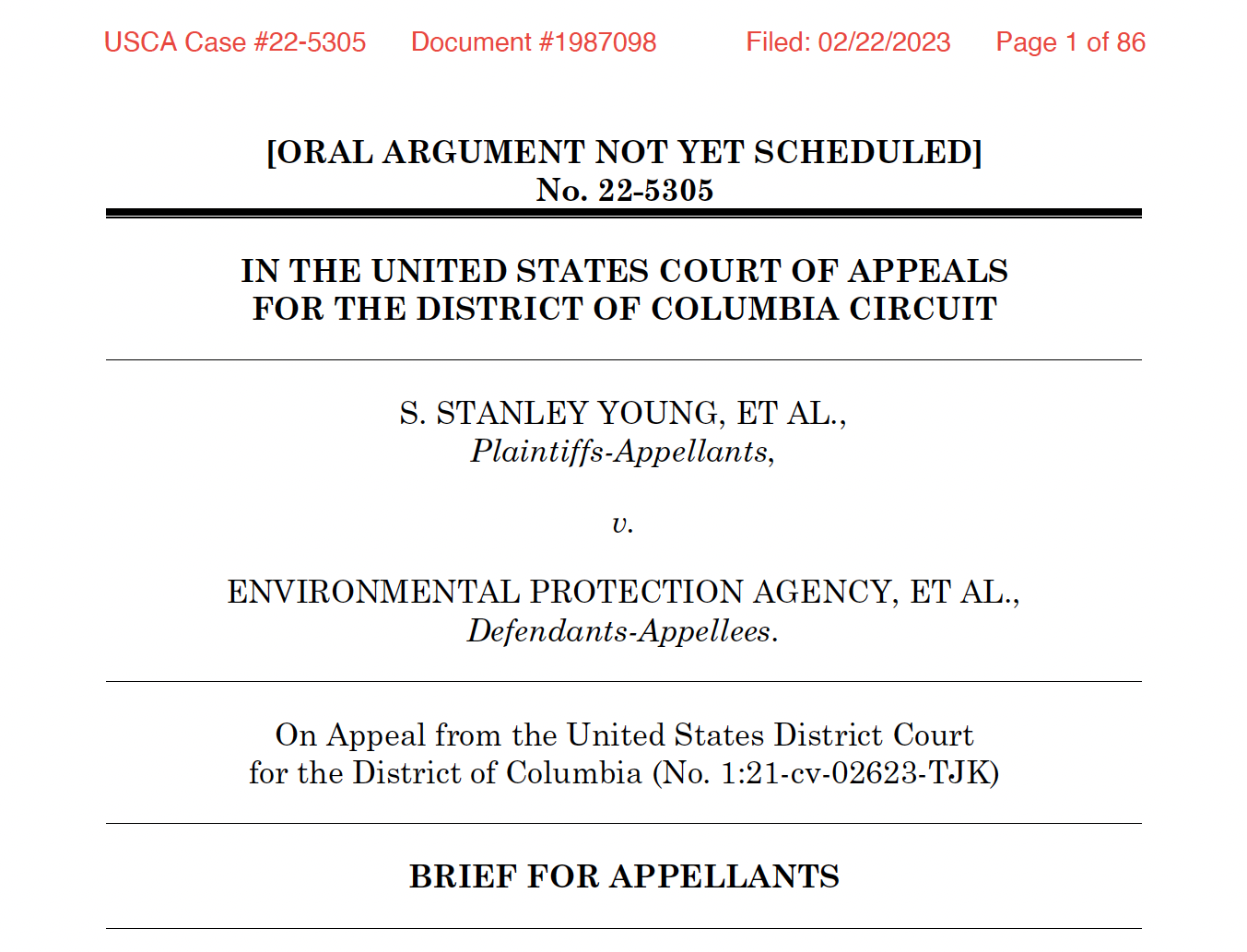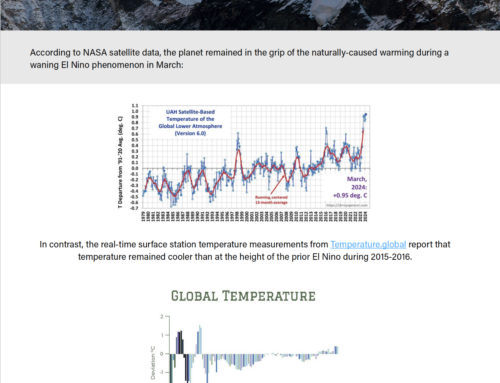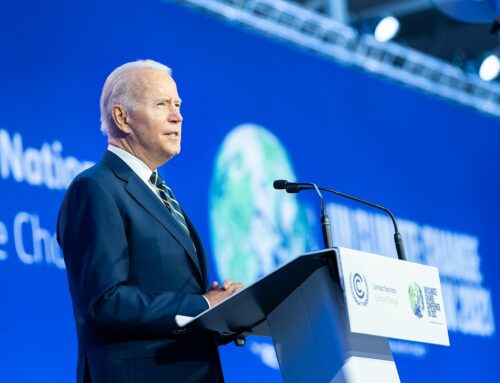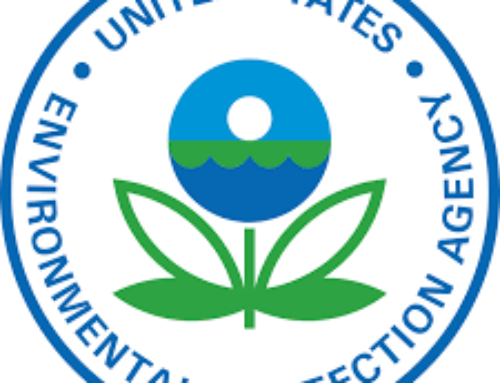As Steve Milloy, E&E Legal’s Senior Policy Fellow, reported on Junkscience.com, Round 2 gets started in the only lawsuit that can derail the Biden EPA’s PM2.5 railroad. Read the opening brief of appellants Stan Young and Tony Cox.
E&E Legal and Steve Milloy have a long history with the EPA’s Clean Air Scientific Advisory Committee (CASAC). In May 2016, E&E Legal, with Milloy as lead attorney, sued the EPA’s CASAC Particulate Matter Review Panel for 2015-2018, on behalf of the Western States Trucking Association and Dr. James Enstrom, a Research Fellow, and epidemiologist retired from the University of California, Los Angeles. As Milloy noted at the time, CASAC’s objectivity was compromised since 24 of its 26 members had gotten, or are the current recipients of, EPA grants. He added, “The EPA has stacked the panel, which is required by law to be independent and unbiased, with researchers who have received over $190 million in discretionary grants from the EPA. This violates the law and makes a mockery of the notion of ‘independent’ scientific review.” The suit received widespread media coverage at the time.
With a return to Soviet-Style governance in January 2021, it didn’t take Biden long to undo the reform efforts of the Trump Administration. In March 2021, the new EPA quickly returned to its old ways and removed all its independent external science advisers, one of whom was S. Stanley Young, Ph.D. Young, the CEO of CGStat. The sacked advisors were replaced by members who have received millions of dollars in EPA grants.
As Milloy noted at the time, the EPA “has gone back to its old practice of stocking its peer review boards with agency research grant-recipient cronies who can be counted on to rubber-stamp whatever EPA wants to do. The Biden EPA most recently announced the particulate matter (PM) subpanel for the Clean Air Scientific Advisory Committee (CASAC)…17 of the 22 members are current and/or former EPA grantees.”
On October 7, 2021, Dr. Young, with the guidance of Milloy, filed suit in the United States District Court for the District of Columbia, contesting the illegal nature of his firing from CASAC. The law governing the formation of advisory committees requires that EPA seek scientific advice from an independent and balanced panel of qualified scientists as part of its policy-making process.






